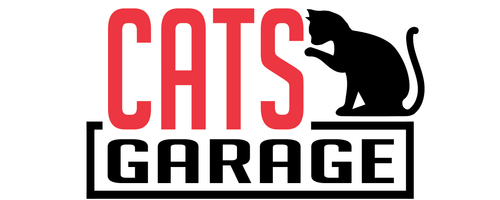Why do Cats purr?

When a cat purrs, you might think it is as simple as a human smiling or a dog wagging its tail joyfully, but it’s more complicated than that.
Cats don’t just purr when they’re happy but also when they’re distressed or afraid, according to pet nutritionists Purina.
Evidence shows that purring is not only a method of communication. but a defence mechanism and way to keep calm in stressful or painful situations, such as when visiting the vet or giving birth.
Because kittens are born blind and deaf, they need the vibrations from purring to communicate with their mother and litter-mates.
The low frequency of a cat's purr causes a series of vibrations inside their body that can ease breathing, heal injuries and build muscle, while acting as a form of pain relief.
Not only does it help sooth the cat, but it is though that there are health benefits for owners. Cat owners are at 40 per cent lower risk of a heart attack lower blood pressure after interacting with cats and hearing their soft purrs.
